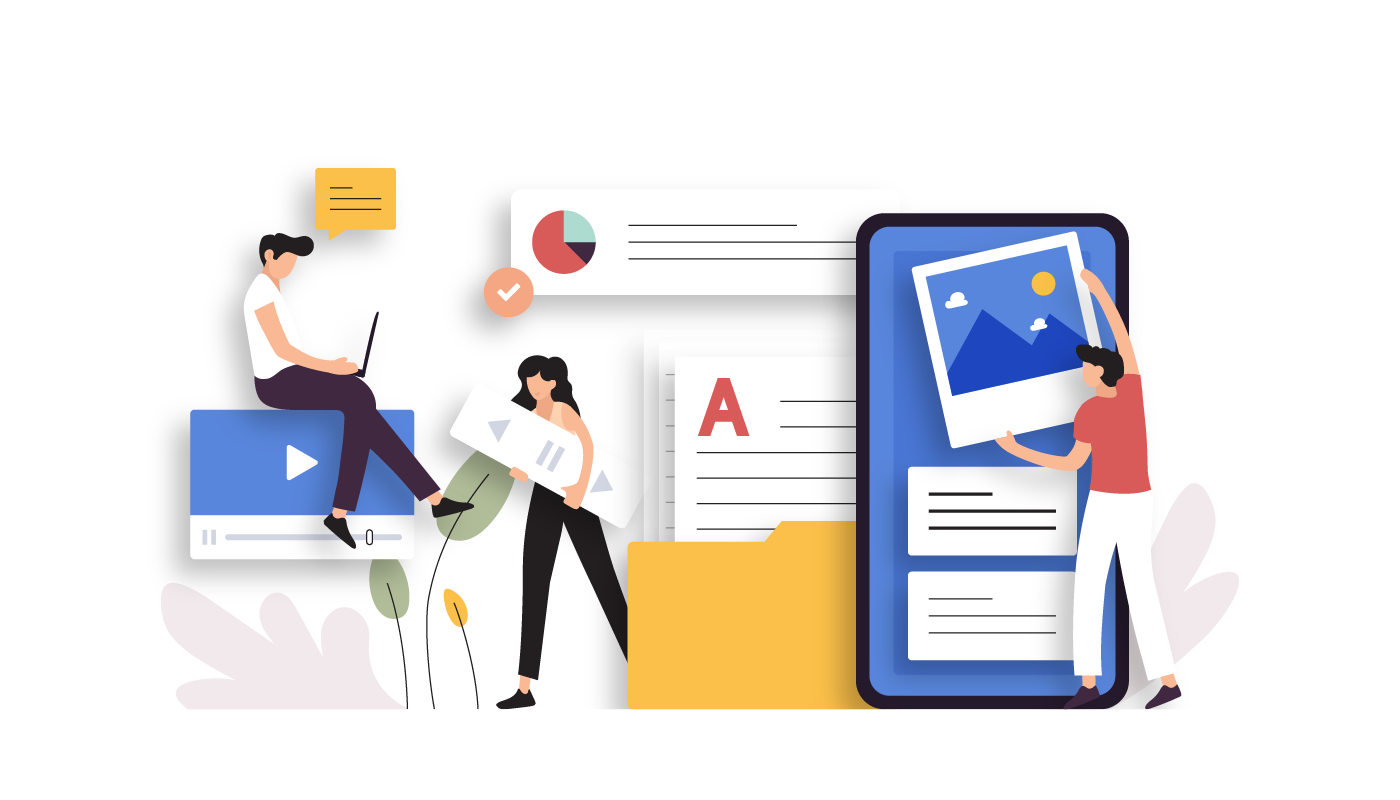Preparing Your Flutter App for Android's 16KB Page Requirement
Read Time 3 mins | Written by: Kenneth Hough

Google Play Store has introduced a new requirement that's causing headaches for many Flutter developers: the 16KB page requirement. If you've encountered build failures or upload issues related to this constraint, you're not alone. In this guide, I'll walk you through the exact steps that worked for me to resolve these issues and get your Flutter app compliant.
Understanding the 16KB Page Requirement
Before diving into the solution, let's understand what this requirement means. Android devices with 16KB page sizes are becoming more common, particularly newer ARM-based devices. Google Play Store now requires apps to be compatible with these devices, which means your app's native libraries and dependencies must support 16KB memory pages instead of the traditional 4KB pages.
When your app isn't compatible, you might see errors during the build process or when uploading to the Play Store, typically related to native library compatibility or memory alignment issues.
The Solution: Update Your Flutter Toolchain
Here's the step-by-step solution that resolved the 16KB page requirement issues:
Step 1: Force Update Flutter to the Latest Version
First, update Flutter to ensure you have the latest compatibility fixes:
flutter upgrade --force
Why use --force? The --force flag bypasses Flutter's safety checks and forces the upgrade even if there might be breaking changes or conflicts. While flutter upgrade alone should work in most cases, sometimes local modifications, cached files, or partial updates can prevent a clean upgrade. The --force flag essentially performs a clean reinstallation of the Flutter SDK, ensuring you get all the latest updates without any lingering compatibility issues.
Use this flag when:
- Regular
flutter upgradefails or seems stuck - You suspect your Flutter installation has become corrupted
- You need to ensure a completely clean update
Step 2: Update Your Dependencies
Next, update all your project dependencies to their latest versions:
flutter pub upgrade
This ensures all your packages have the latest 16KB page compatibility fixes.
Step 3: Update Gradle Distribution
Navigate to android/gradle/wrapper/gradle-wrapper.properties and update the Gradle distribution URL:
distributionUrl=https\://services.gradle.org/distributions/gradle-8.14.3-all.zip
Why this version? Gradle 8.14.3 includes important fixes for 16KB page support and memory alignment issues that affect Android builds.
Step 4: Update Android Gradle Plugin and Kotlin
In android/settings.gradle, update both the Android Gradle Plugin (AGP) and Kotlin versions:
plugins {
id "dev.flutter.flutter-plugin-loader" version "1.0.0"
id "com.android.application" version "8.6.0" apply false
id "org.jetbrains.kotlin.android" version "2.1.0" apply false
}Key updates:
- Android Gradle Plugin 8.6.0: Includes 16KB page size compatibility improvements
- Kotlin 2.1.0: Latest stable version with better memory management and compatibility fixes
Why These Updates Matter
Each of these updates addresses specific aspects of the 16KB page requirement:
- Flutter SDK updates include engine improvements for better memory page handling
- Dependency updates ensure third-party packages are compatible with new page sizes
- Gradle updates provide the build system improvements needed for proper memory alignment
- AGP and Kotlin updates offer the latest Android toolchain with 16KB page support
Testing Your Changes
After making these updates:
-
Clean your project:
flutter clean -
Get dependencies:
flutter pub get -
Build your app:
flutter build appbundle --release -
Test the generated bundle by uploading to Google Play Console
Troubleshooting Common Issues
If you still encounter issues after these updates:
- Clear build caches: Delete the
buildfolder in your project - Check for custom native code: Any custom Android native modules may need updates
- Verify dependency compatibility: Some older packages might not support 16KB pages yet
- Review error logs: Look for specific mentions of page size or memory alignment issues
Conclusion
The 16KB page requirement might seem like a technical hurdle, but with the right updates to your Flutter toolchain, it's entirely manageable. The key is ensuring all components of your build system are updated to versions that support this new memory page size.
By following these steps, you should be able to build and upload your Flutter app successfully to Google Play Store without encountering 16KB page-related issues. Remember to test thoroughly on different devices to ensure compatibility across the board.
A Framework Built to Accelerate App Development for Startups
Kenneth Hough
Background
I founded KeyQ in March of 2020 with the vision of helping businesses achieve the next level of success through delivering innovative and meaningful cloud solutions. Since its inception, I have worked with several businesses, non-profit organizations, and universities to design and build cloud applications that have helped streamline their business processes and reduce costs.
Prior to KeyQ, I was a medical researcher at the University of Alabama at Birmingham (UAB) in the Division of Pulmonary, Allergy, and Critical Care Medicine. UAB is also where I worked on my doctoral thesis under the mentorship of Dr. Jessy Deshane and Dr. Victor Thannickal. During my doctoral work at UAB I was exposed to the “omics” and big data, which has influenced my career choice to develop data-driven analytics platforms in the cloud.
I also have to give a big shoutout to my undergraduate education at Worcester Polytechnic Institute (WPI), where I majored in biochemistry. WPI’s motto is “Lehr und Kunst,” which roughly translates to “Theory and Practice” or “Learning and Skilled Art.” WPI truly cherishes and upholds this pedagogy, which can be seen by the teaching styles and class sizes. The learning experience I had at WPI is unique and has shaped me to be who I am, being able to learn, practice and apply.
Personal Interests
I love to learn innovative technologies and try new things. I have a broad area of interests that include serverless architectures, machine learning, artificial intelligence, bioinformatics, medical informatics, and financial technology. I am also working towards my CFA level 1 exam for 2021. Other interests and hobbies include traveling, rock climbing, rappelling, caving, camping and gardening!

